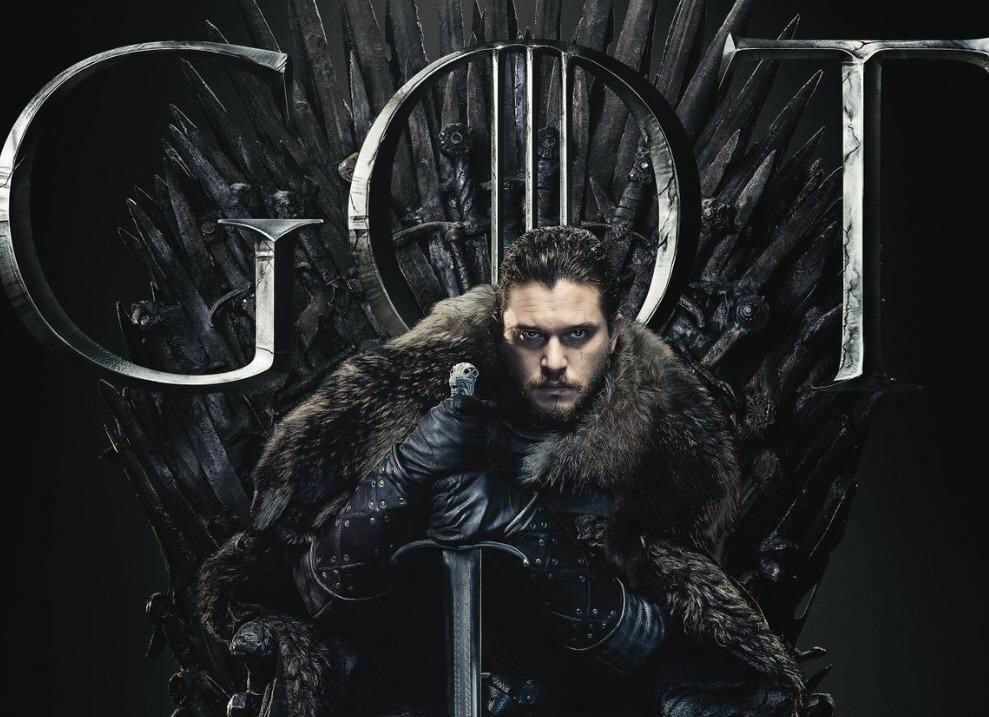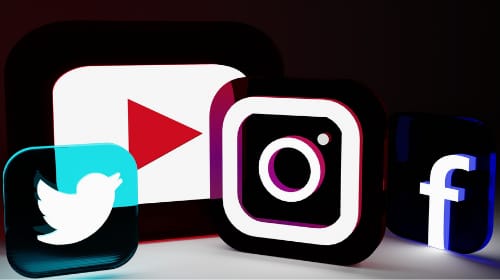The Small Screen
Prior to the premier of the final episode, a petition – signed by over one million unsatisfied viewers – circulated the powerful world wide web begging for a remake of the final season, from all elements of the plot to the development of the characters. With no spoilers here, fans were not happy about what happened to some of their beloved characters and took to the internet to express their concerns. But this mass movement of social unrest surrounding the small and big screen is not the first instance that highlights the increasingly user-generated relationship with bigger picture production.
And this is not the first time we witnessed the power the internet has over the small screen. A few years ago when Netflix decided to cancel sci-fi series, Sense 8, fans were not happy. With the unity of social media backing the series, the hashtag #BringBackSense8 was born, influencing the revival of the show. So much, that production shot a final episode that rebuilt a story line and lasted two hours to appease the fan base.
The Big Screen
Recently, social media users took their frustration to the big screen when the highly anticipated trailer for the movie centered around the 90s iconic video game, Sonic the Hedgehog, was released. Fans protested the design of the nimble hedgehog for his too-human like features, most notably his teeth, yes…his teeth. Thanks to the fans outspoken protest on social media, director Jeff Fowler responded to the criticism in today’s most appropriate press release, a tweet.
Thank you for the support. And the criticism. The message is loud and clear… you aren't happy with the design & you want changes. It's going to happen. Everyone at Paramount & Sega are fully committed to making this character the BEST he can be… #sonicmovie #gottafixfast ?✌️
— Jeff Fowler (@fowltown) May 2, 2019
Overall, it seems even the entertainment world is undergoing a “social revolution.” Because of social media’s accessibility, fans and viewers have direct contact to production companies, directors, screenwriters and actors. In return, these companies, the directors, screenwriters and actors also find themselves having to face users head-on, justifying their choices, intervening the social conversation, rewriting stories, and even canceling shows.
Not only visible on both the small and big screen, but in every sector, social media has increased power in the hands of consumers, offering a direct channel of communication. Companies now find themselves having to respond to criticism, petitions, and proposals via the same social channels they were received. In today’s consumer-driven world, it is fundamental for brands to have an all encompassing social media strategy that allows them to understand the variety of consumer needs. Reach out to us today and let us help you elevate your social media marketing strategy.

And now our watch has ended.
While we patiently for more user-generated entertainment like Bandersnatch, we invite you to join our upcoming webinar on May 28th, and learn more about the role of social media marketing in the consumer-driven era.
This post was originally written for Team LEWIS Italy.



